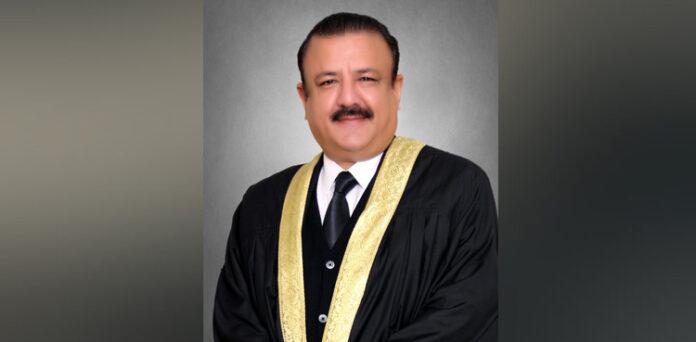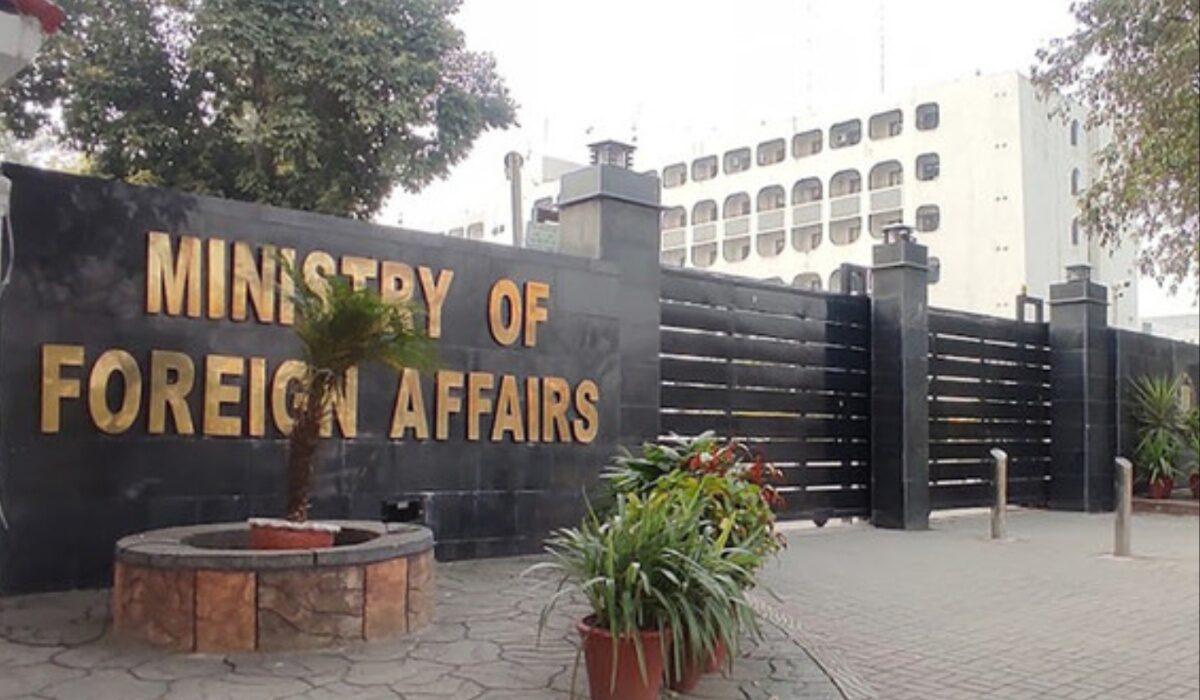Both laws were signed by the president after the Cabinet approved them


Islamabad: President Arif Alvi signed two ordinances on Sunday making changes in the Prevention of Electronic Crimes Act (PECA) Amendment Bill 2016 and the Elections Act Amendment Ordinance (EAAO) 2017.
Both laws were signed by the president after the Cabinet approved them. The changes made in the electronic crimes act have been made under the Prevention of Electronic Crimes (Amendment) Ordinance, 2022.
According to details, the PECA Amendment Act includes the definition of a person, which includes a person, a company, an association, an institution or an authority, while the amendment bill increases the imprisonment for attacking the identity of any person from three to five years.
As per the ordinance, the aggrieved party, who will be the representative or guardian of the complainant, has been declared a felony and the offense is non-bailable.
The amendment bill states that the trial court will decide the case within six months and will submit the details of the case to the High Court every month.
The ordinance states that federal and provincial governments and officials will be asked to remove obstacles. The ordinance also empowers the chief justice of every high court to nominate a judge along with other officers.
Changes in election laws
The other ordinance signed by the president makes changes in section 181 of the Election Act, 2017.
The amendments have added a new section titled 181 (A) in the law. The new law allows a member of “parliament, provincial assembly or elected member of local government, including member holding any other office under the constitution or any other law, will be allowed to visit or address public meetings in “any area or constituency”.
Two crucial legislations sent to federal cabinet for approval: Fawad
A day earlier, Minister for Information and Broadcasting Fawad Chaudhry said that two important legislations had been sent to the federal cabinet for approval, which would allow the parliamentarians to participate in the election campaign and declare online defamation a punishable offense.
Under the first law, he said in a tweet, it had been proposed to allow the Parliamentarians’ participation in the election campaign. While in the second law, it had been suggested declaring the defamation of people on social media a punishable offense.
In the law related to online public defamation, he said it had been made mandatory for the courts to decide the case within six months.
Pakistan Navy launches fourth Hangor Class submarine 'Ghazi' in China
- 9 گھنٹے قبل
NDMA dispatches 27th aid consignment for Palestinians
- 11 گھنٹے قبل

NFL Week 16 odds: Eagles can clinch NFC East with win vs. Commanders
- 13 گھنٹے قبل

Gold prices surge, silver hits historic high in Pakistan
- 13 گھنٹے قبل

You need to listen to Sudan Archives’ violin opus for the club
- ایک گھنٹہ قبل
Marko: Verstappen would've won if Horner left earlier
- 13 گھنٹے قبل

Inside the high drama of the iPhone 4
- ایک گھنٹہ قبل
NFL playoff-clinching scenarios: Which teams can secure a berth in Week 16?
- 20 منٹ قبل
What is going on with Trevon Diggs and the Dallas Cowboys?
- 20 منٹ قبل
India summons Bangladesh envoy over security concerns in Dhaka
- 13 گھنٹے قبل

Met Office forecast rain, snowfall from Dec 20
- 10 گھنٹے قبل

Tremors felt in Balochistan's Barkhan district
- 12 گھنٹے قبل





